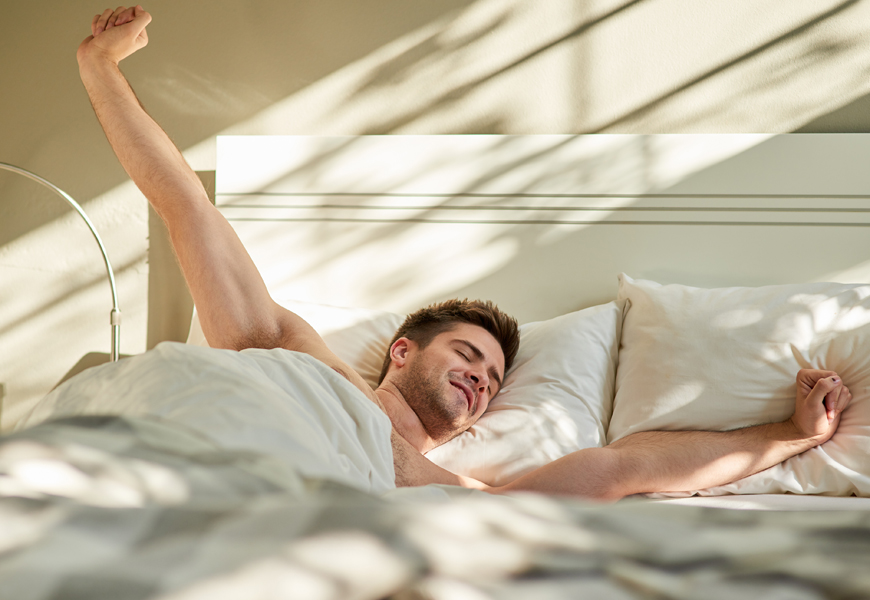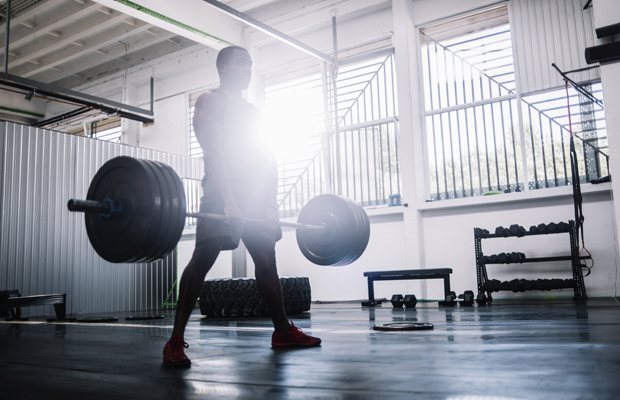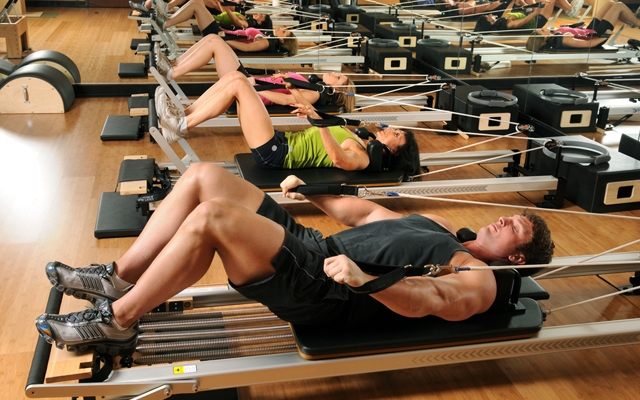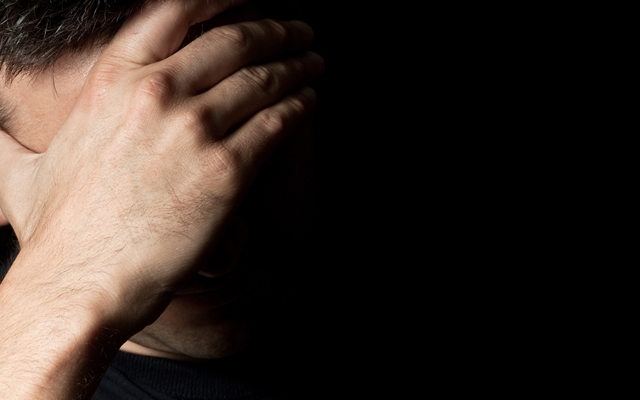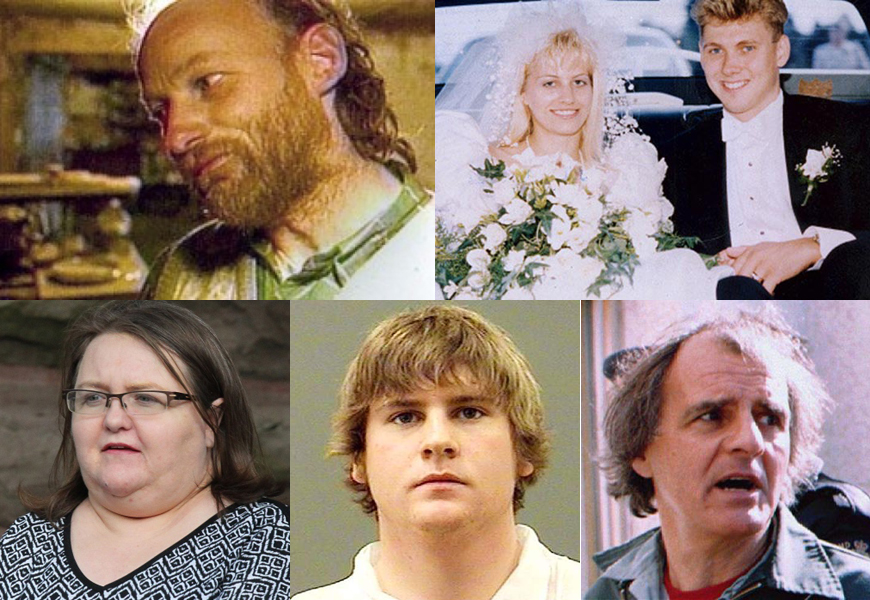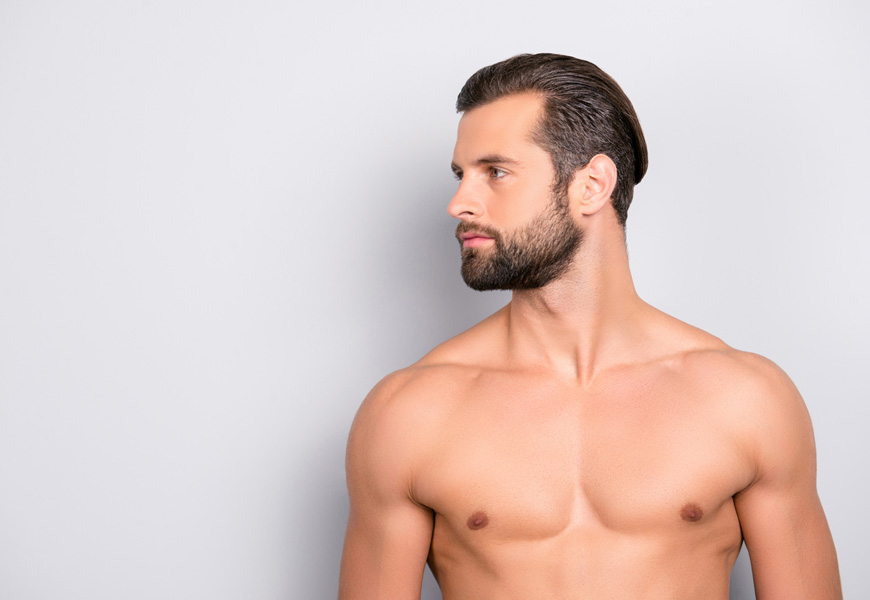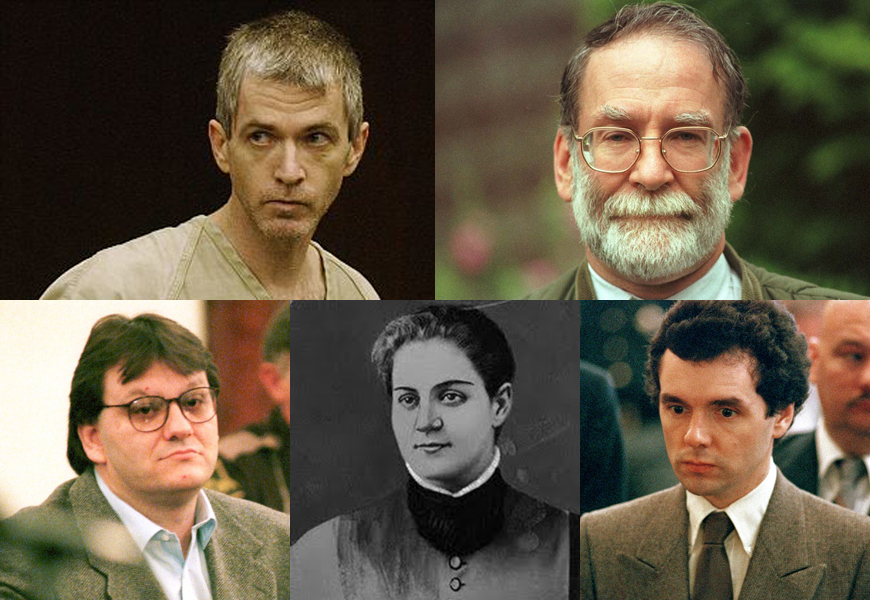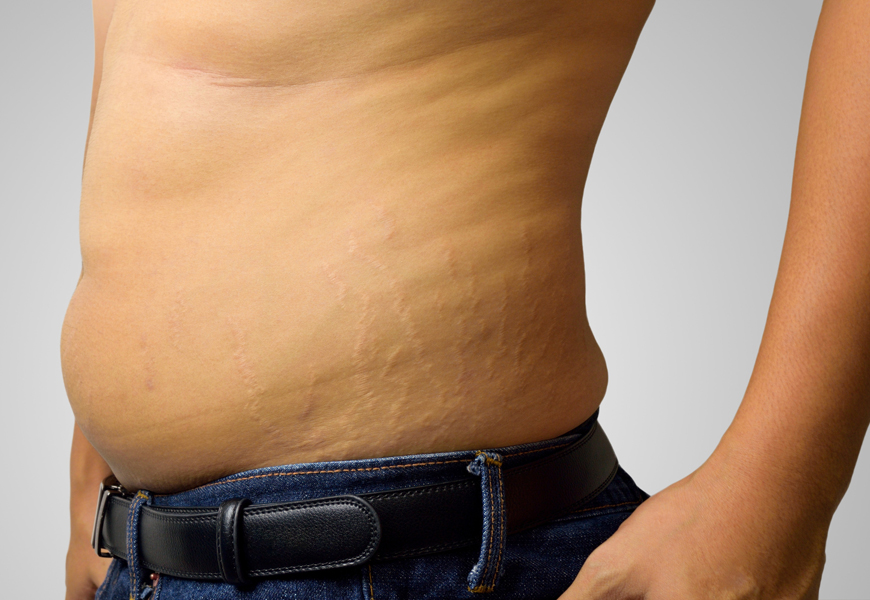Do you dread your alarm clock going off every morning? Do you routinely get up at the last possible minute and regret it later when you’re stressing about being late for work? Do you genuinely look forward to the weekends just because it means you get to sleep in? Well, those are some pretty solid signs you’re not a morning person. And honestly, they’re all pretty normal.
Despite all those articles on how to turn yourself into a morning person, chances are, even if you do everything you’re supposed to do, you’ll still just be a night owl going through the motions of a morning person. Is it really worth it to try to change your natural sleep habits? Some people might think so, but they also probably have no choice. They have to get up early for work, they have kids to take care of, or their lifestyle just requires them to be early risers. That doesn’t mean they like it.
A consumer genetics company called 23AndMe mapped the genomes of 90,000 people and found that natural preference for morning or evening is determined by 15 genetic variants, seven of which play a role in circadian rhythms. Your circadian rhythm is your internal clock which determines whether you have a preference for getting up early or staying up late. It also affects the time of day you’re most productive.
So, can you change your natural circadian rhythm? And should you? There are times when your circadian rhythm is going to get out of whack and there’s not much you can do about it, like when you travel across time zones for example. But if you suffer from a chronic sleep disorder, like insomnia, there are a few things you can try to set your sleep patterns right.
Chronotherapy is a simple process that relies on time and consistency to guide your body to the right schedule. Gradually, shift your bedtime later and later until you’re naturally tired enough to go to bed and wake up at the time you need to get up. Light therapy uses light and the absence of light as triggers to help your body determine where it is in the 24-hour cycle of the day. Fasting for 12-16 hours can help reset your internal clock to believe the time you have your first meal is also around the time to wake up.
There are plenty of small steps you can make towards gradually becoming a morning person if that’s what you want. It’s mostly about willpower and creating a morning routine you enjoy and actually, want to get out of bed for. Benjamin Franklin, who was a notorious early riser, said, “early to bed and early to rise makes a man healthy, wealthy, and wise.” But one study found no evidence that getting up early had a significant link to any of those things.
Another study actually found that evening people, or “owls”, outperform morning people, or “larks”, on intelligence measures like working memory and processing speed and they tend to be more “novelty-seeking”, while larks are more agreeable, conscientious and persistent.
While your basic preference for morning or evening might be written into your genes, lifestyle and age certainly play a role. That’s why most teenagers are night owls, while senior citizens love getting up at the crack of dawn. So, is being a morning person overrated? Well, let’s just say we’d probably all be happier if we never had to use an alarm clock and could just wake up naturally every day. Morning person or a night owl, you do you.

